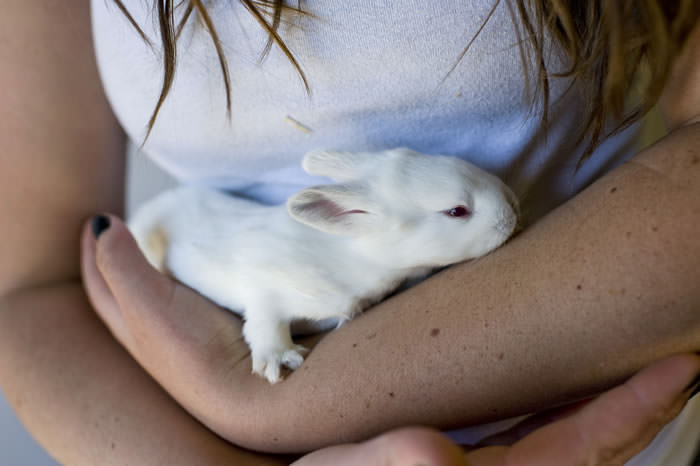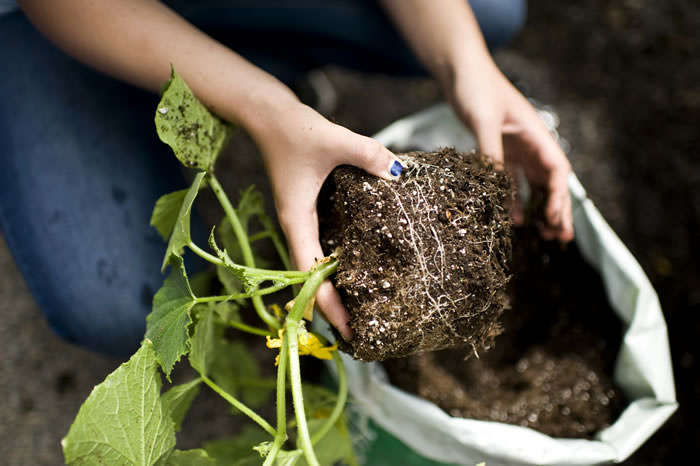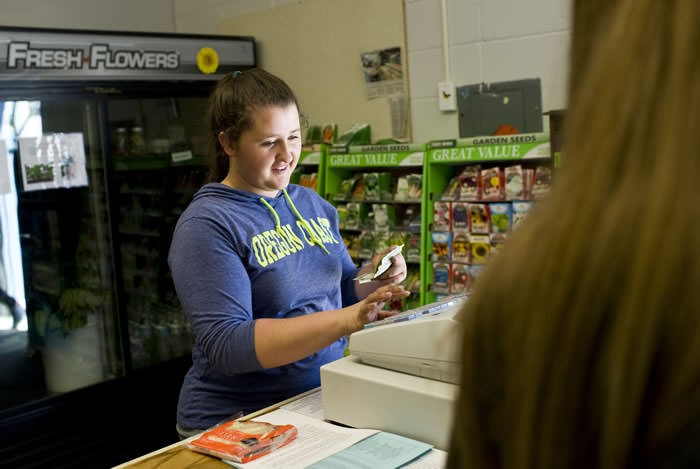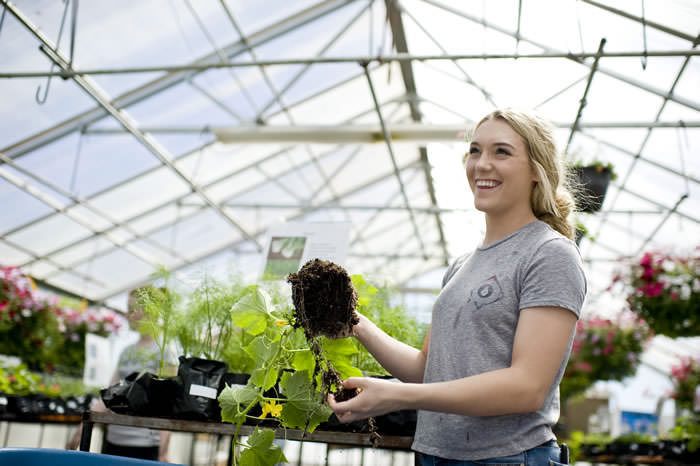edible education
FROM SHOVEL TO SHELF
Douglas High School’s ag program offers full-circle experience.
WRITTEN BY HEIDI BETHEL
PHOTOS BY CANDICE NYANDO
A lot goes into running a farm, especially when you operate a store to sell your products, too. This is exactly what Carson Valley Future Farmers of America students at Douglas High School take on every year growing produce, raising animals, and making products in and out of the classroom.
Robin Futch is an agricultural instructor for Douglas High School and adviser to the Carson Valley FFA. In her roles, she guides students, teaching them business savvy and the skills needed to go on to careers in the industry after high school.
“From their time as freshmen to their senior year, we are moving students through a pathway that lays a very strong foundation,” Futch says. “Our farm is not just a lab with one-day projects; it’s an actual business where our students determine what role they want to play.”
As part of a leadership program, students are appointed to management positions within the farm. The program currently has four managers overseeing operations. To acquire the position, students must go through an application and interview process.

Growin’ greenhouse
Throughout the year, students are busy at work cultivating season-appropriate produce and plants. This fall, they’re raising succulents.
“We’ll teach the kids how to grow succulents and study house plants,” Futch explains. “We swap out our produce with the time of year. In the spring and summer, you’ll find vegetables, herbs, and decorative flowers in full bloom.”
Community partners, including the Town of Gardnerville, proudly support the effort. In the spring and summertime, Main Street is colorfully accented by beautiful hanging baskets supplied by Douglas High School students. And the Carson Valley Community Food Closet is a program partner, receiving produce from the garden to help feed the area’s hungry.
At the farm
In the agriculture program, students raise rabbits, egg-laying chickens, turkeys, breeding sheep, goats, and a llama.
“The llama’s purpose is to protect the critters. She’s quite the character,” Futch adds.
“What I’ve created is a situation that’s full circle,” she continues. “We have a breeding program for our rabbits, sheep, and goats. The kids work with the animals from beginning to end, and we use them for food purposes.”
In her instruction, Futch details proper genetics and industry ideal.
“What are we looking for in a dairy animal? What is the desired output or general use? We use the goat milk for soap, but what type of butterfat are we looking for?” she says. “Those are all crucial questions in the agriculture business.”


What’s in store
In 2016, Futch and her students created a store in the classroom that’s open to the public. Carrying everything from fresh produce and eggs to honey and wool dryer balls, the store now supports all of the agriculture program’s operating costs.
“It is a pretty neat opportunity for the students to do everything from grow the produce to figure out pricing and balance the ledger. They surely will be ready for the real world after completing our pathway,” Futch concludes.
Futch plans to continue expanding the store’s offerings, bringing more products to the public and promise to the students with lessons that will last a lifetime.
As a former Ruby Mountain FFA chapter member, Heidi Bethel often refers to knowledge gained from her experiences. She had quite the lucrative poinsettia business in her day and still enjoys tending to her planter garden each year.
Resources
To visit the store, head to the Agriculture Building (no. 601) at Douglas High School. Students set the days and hours according to their schedules. For store availability, call 775-782-5136, ext. 1839.


